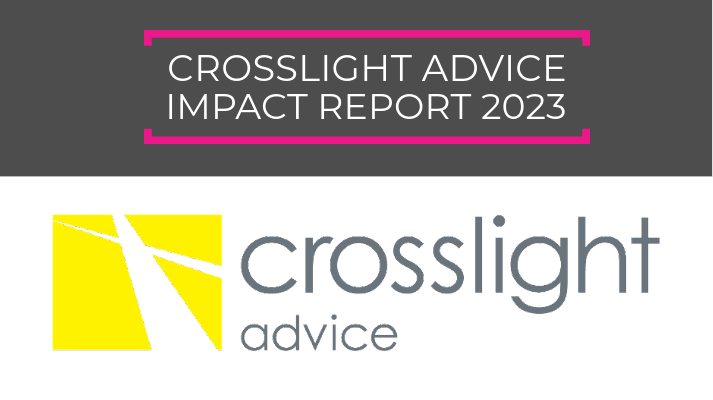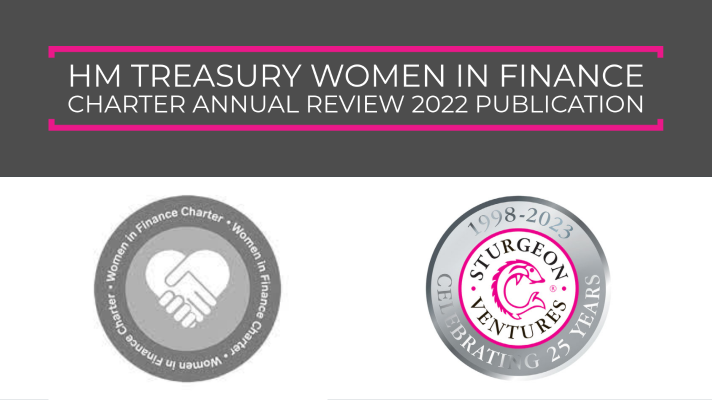Consumer Duty and Corporate Finance – is there an impact?
Consumer duty refers to the responsibility of consumers to make informed and ethical choices when it comes to purchasing goods and services. It encompasses the idea that consumers should consider the impact of their consumption habits on society, the environment, and other stakeholders.
In relation to corporate finance, consumer duty can have a significant impact. Here’s how:
- Demand and Supply
Consumer choices directly influence the demand for products and services offered by companies. By considering factors like the social and environmental impact of a company’s practices, consumers can drive demand for more sustainable and responsible offerings. This, in turn, affects corporate finance as companies respond to changing consumer preferences by adjusting their business practices or investing in sustainable initiatives. - Brand Reputation
Consumers today are increasingly concerned about the ethical behaviour of companies. They are more likely to support and purchase from businesses that demonstrate responsible practices. For companies, maintaining a positive brand reputation can translate into increased sales and long-term financial success. Conversely, a poor reputation due to unethical practices can lead to reduced consumer trust, boycotts, and financial losses. - ESG Investments
Environmental, Social, and Governance (ESG) factors are becoming more important for investors. ESG investing considers a company’s environmental and social performance, as well as its corporate governance practices. By aligning their investment decisions with ESG principles, investors encourage companies to prioritise sustainability and responsibility. This, in turn, can influence corporate finance by attracting capital to companies that are committed to ethical practices. - Legal and Regulatory Compliance
Governments and regulators are increasingly focused on promoting responsible corporate behaviour. Consumer demands for ethical business practices can contribute to the development of new regulations and standards that companies must adhere to. Compliance with these regulations often requires financial investments, impacting corporate finance. - Where a company is an SME, a Micro Enterprise or a Small Enterprise as defined by the Financial Conduct Authority, the company if selling a stake or raising new finance is impacted by Consumer Duty. Under such a scenario the company becomes a Retail Client for the purposes of Arranging, and the firm that is carrying out that arranging has to produce a Fair Value Assessment and measure outcomes of its services.
- If your firm acts as an “Arranger for SMEs (Including Micro Enterprises) and has not yet completed its Consumer Duty Assessments for these services, our compliance team can assist. Please email hello@sturgeonventures.com for support.
Overall, consumer duty plays a crucial role in shaping corporate finance by influencing consumer demand, brand reputation, investor preferences, and regulatory compliance. As consumers become more socially and environmentally conscious, companies need to adapt and integrate responsible practices into their financial strategies to remain competitive and financially viable in the long run.
Notes
FCA Definition of a Micro Enterprise
FCA Definition of a Small or Medium Enterprise
Eligible Complainant for the purposes of Arranging for the above companies. Non UK companies that an FCA Firm is arranging for can also be an eligible complaint.
https://www.handbook.fca.org.uk/handbook/DISP/2/7.html
FCA Website – Consumer Duty
This is not a Financial Promotion: This presentation is for educational and discussion purposes only. The information in this presentation is not intended as an offer or solicitation for the purchase or sale of any investment in any jurisdiction. No advice is being offered nor recommendation given, and any examples are purely for illustrative purposes.
The views expressed in this presentation contain information that has been derived from publicly available sources that have not been independently verified. No representation or warranty is made as to the accuracy, completeness, or reliability of the information.











